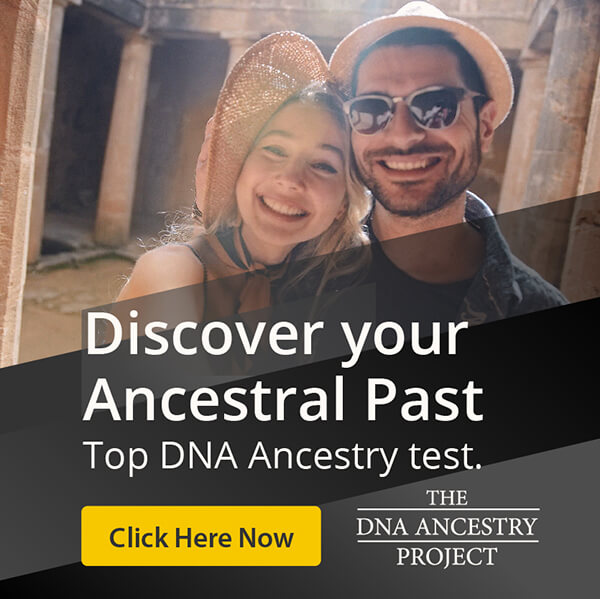Laboratory
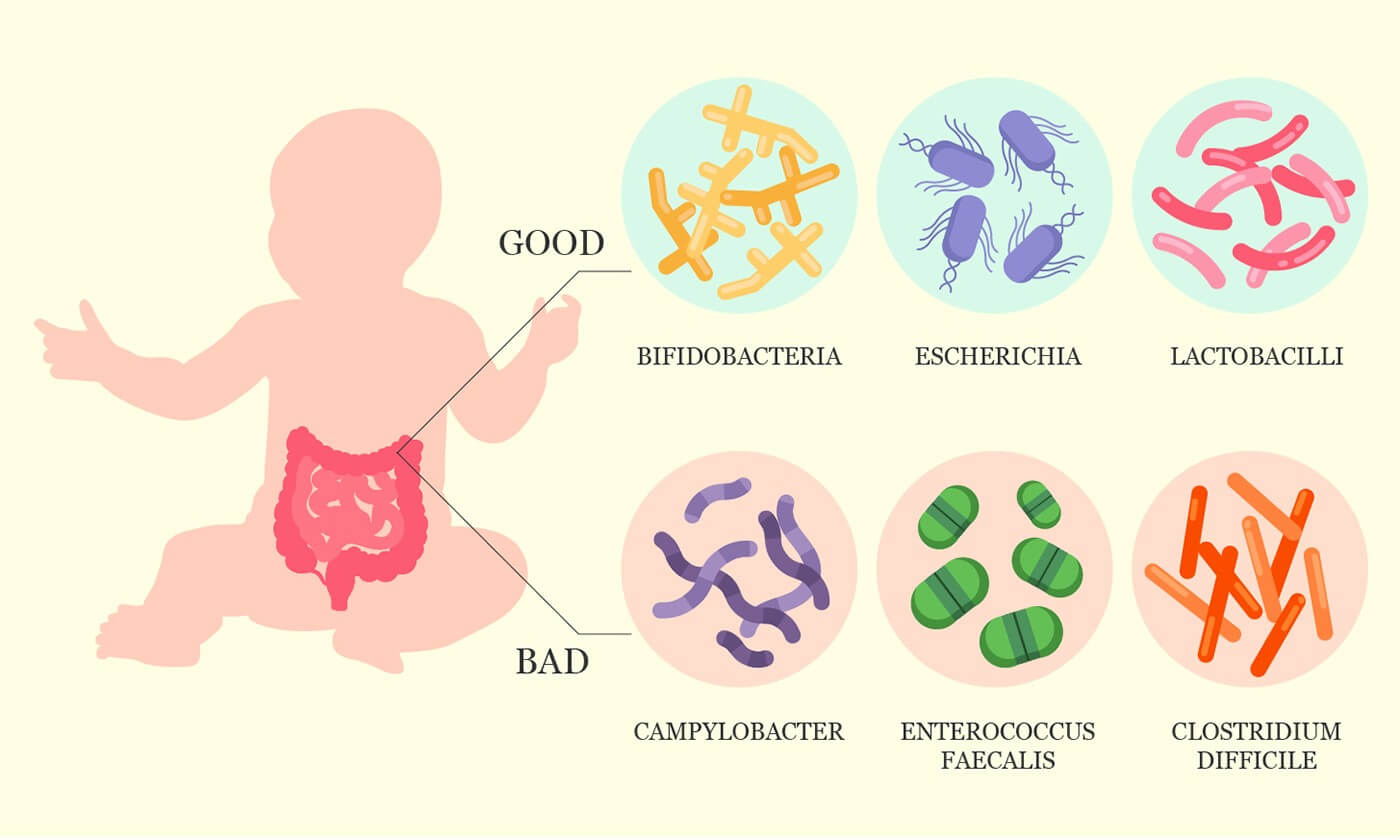
Can scientists look at changes in your baby’s gut bacteria to predict their risk of celiac disease? The link between the gut microbiome, genes and risk of celiac disease.
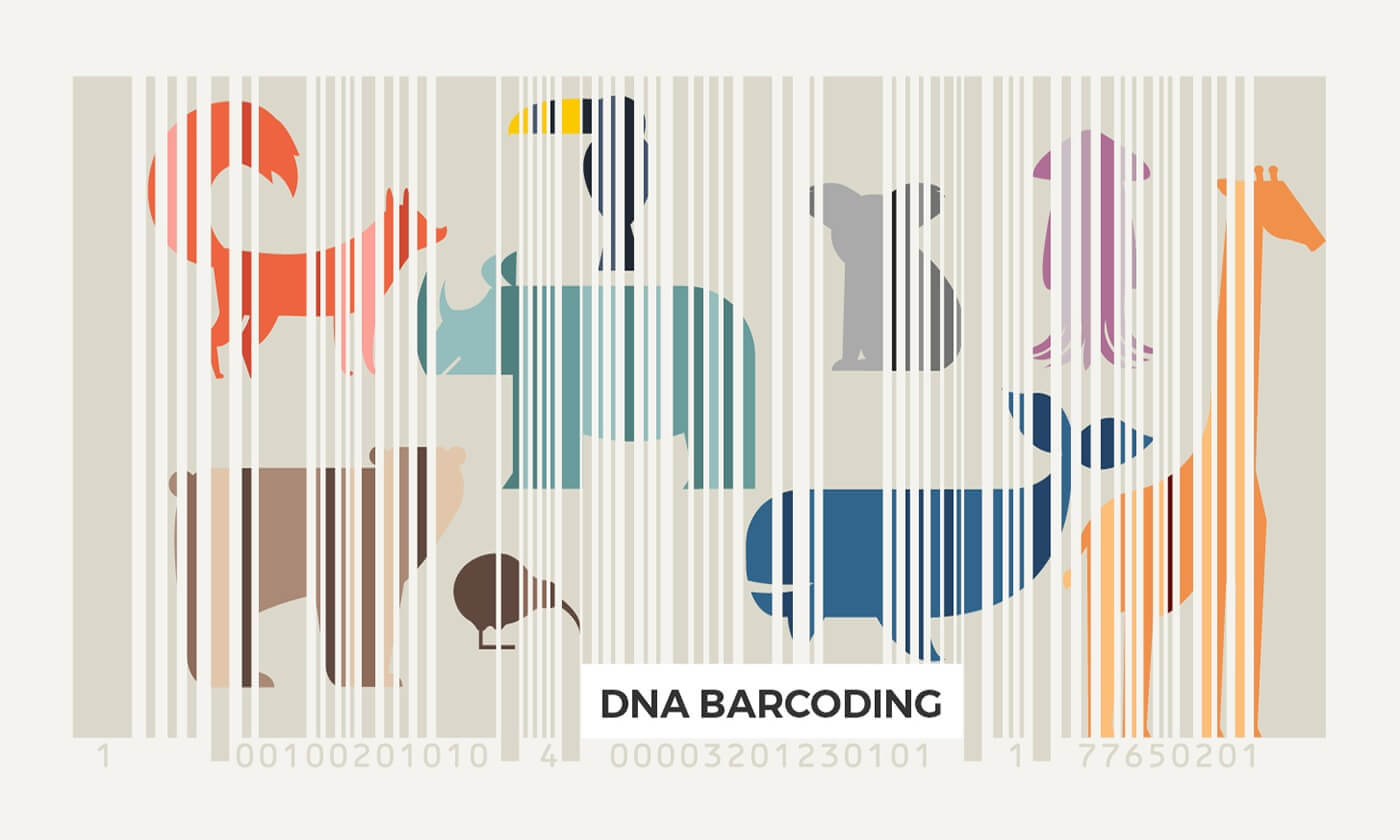
A new method for designing DNA barcodes better suited for large-scale sequencing studies could revolutionize biomedical research.
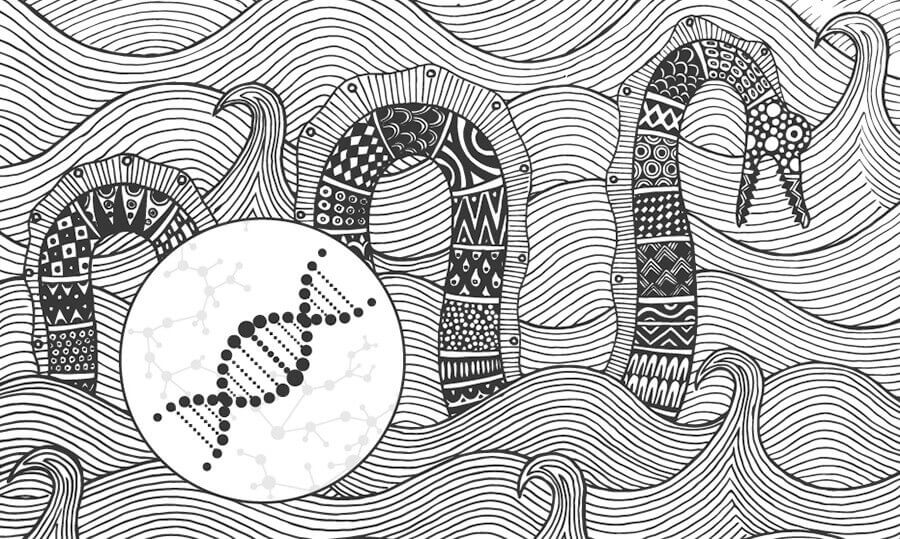
Will scientists find a “biological explanation” for the Loch Ness Monster by looking at DNA samples from the Scottish loch?
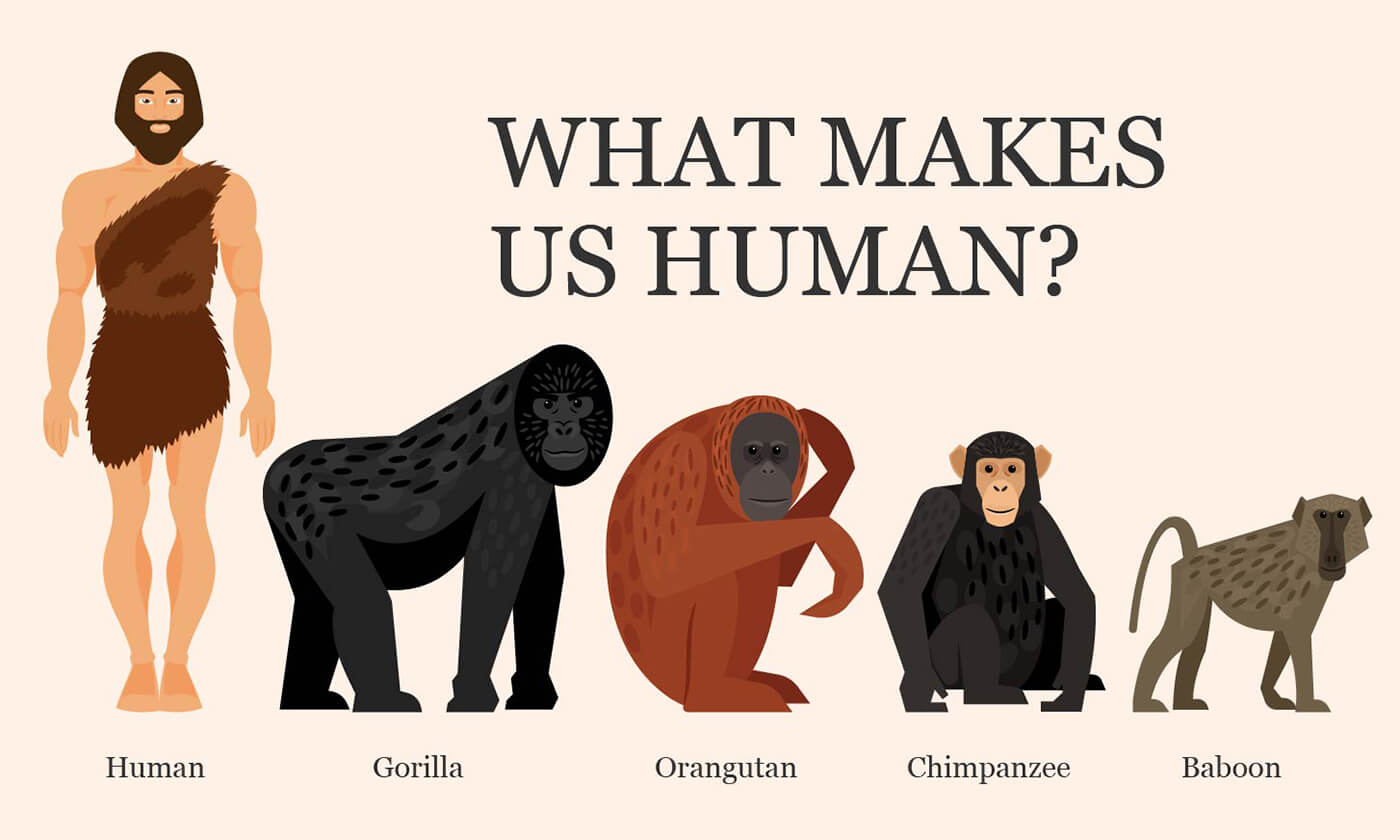
Scientists are one step closer to answering the age-old question of “What makes us human?”
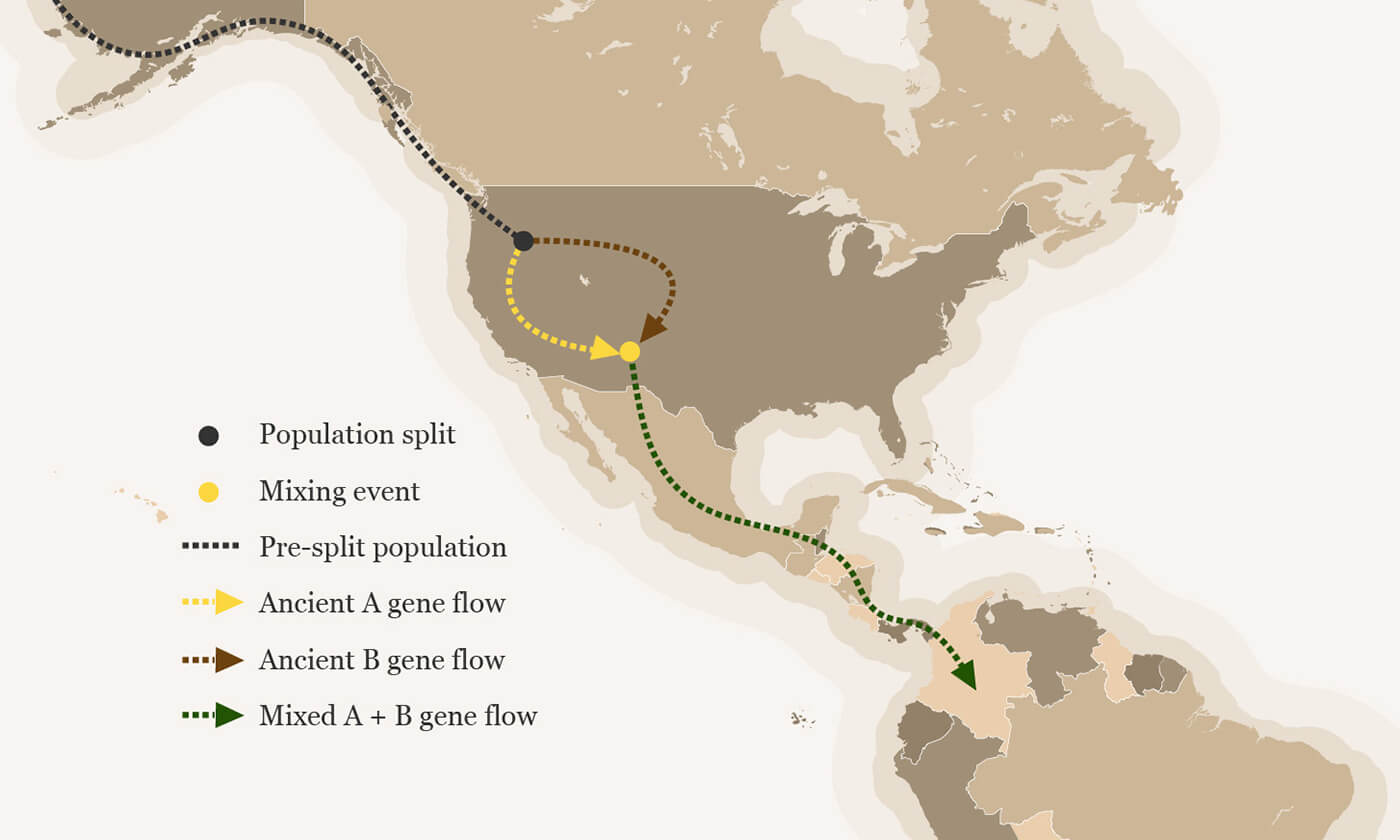
The first people to arrival in the Americas split into two groups, and then mingle again 1000 years later.
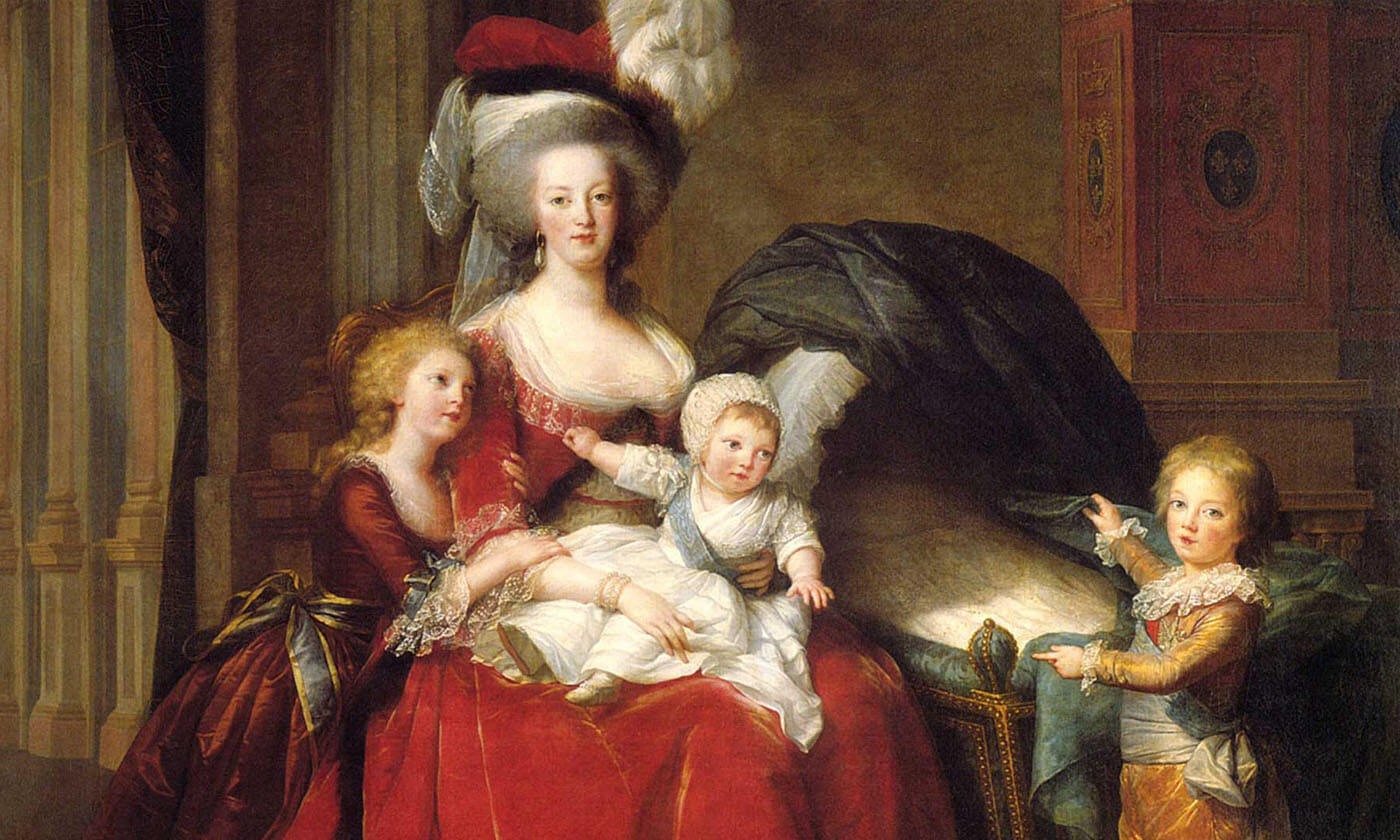
The French Revolution marked the end of the monarchy when King Louis XVI and Queen Marie Antoinette were found guilty of high treason and executed.

Nowadays, aspirin is one of the most widely used drugs to treat fever and inflammation.

Alzheimer’s disease is the most common cause of dementia, accounting for 50-75% of approximately 44 million dementia cases worldwide...
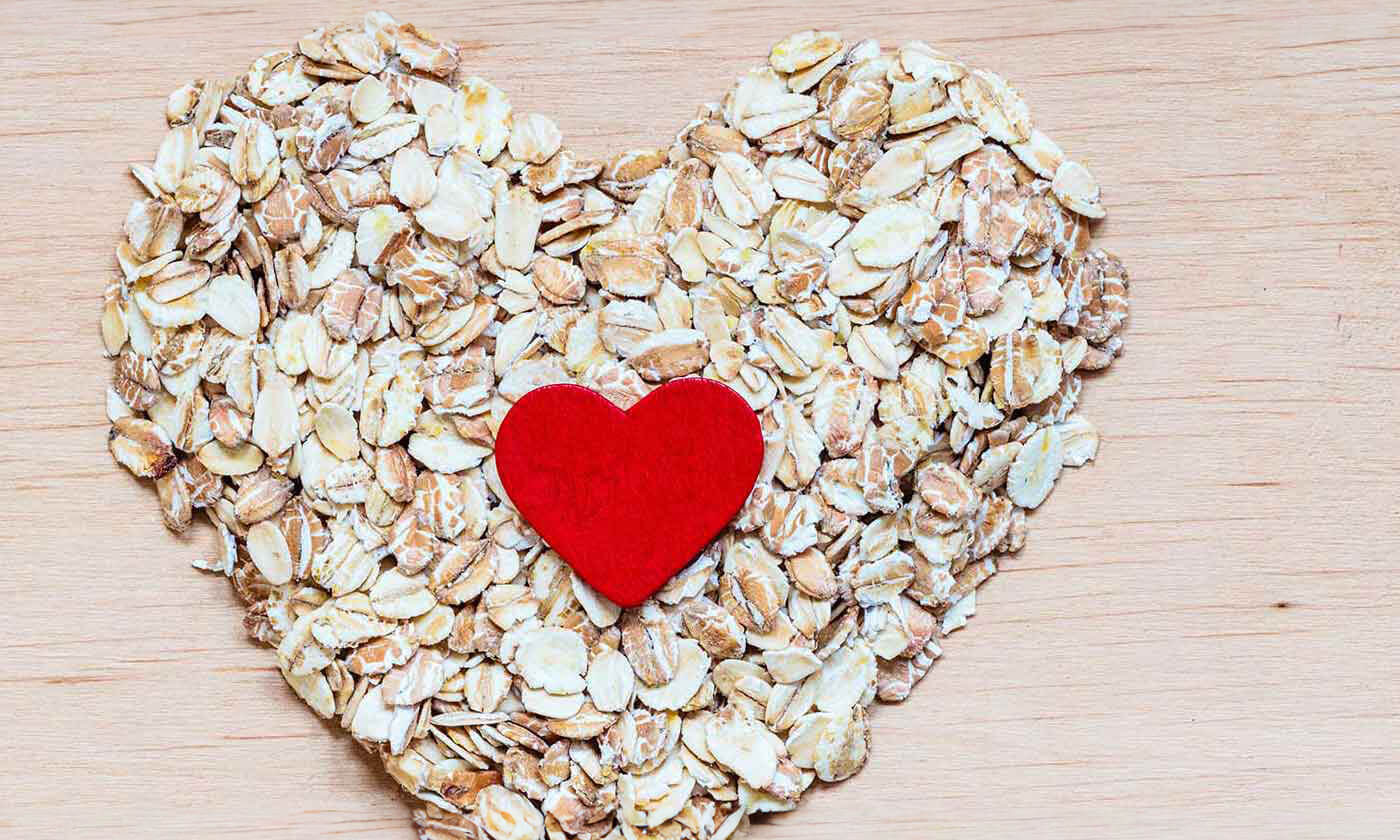
Cardiovascular disease involves the narrowing or the blocking of blood vessels that can lead to heart attack, stroke and chest pain or angina.

The Celtic curse is explained by genetic changes in one gene that controls iron absorption.
Latest news
Researchers have uncovered multiple genes associated with needing less than 6 hours of sleep at night.
Researchers identify 21 modifiable risk factors for reducing the risk of developing Alzheimer’s disease.
Researchers link genetic changes in the region of DNA that define blood type with susceptibility to COVID-19 infections.
Must Reads
With an estimate of 26 million people having taken a DNA ancestry test, genetic genealogy has really taken off in the last couple of years.
With so many countries under lockdown, researchers from around the world are racing against time to develop a vaccine for COVID-19.

